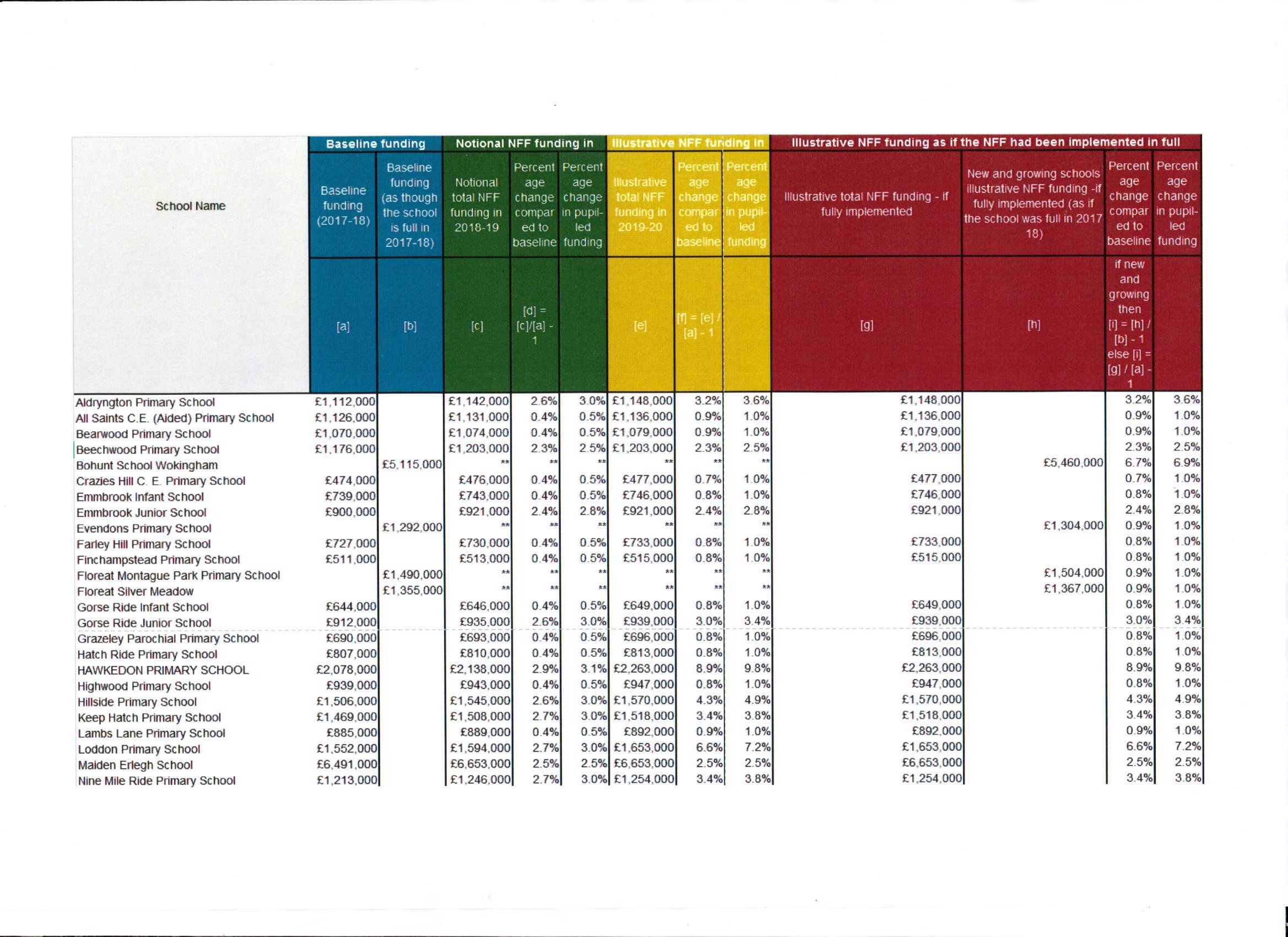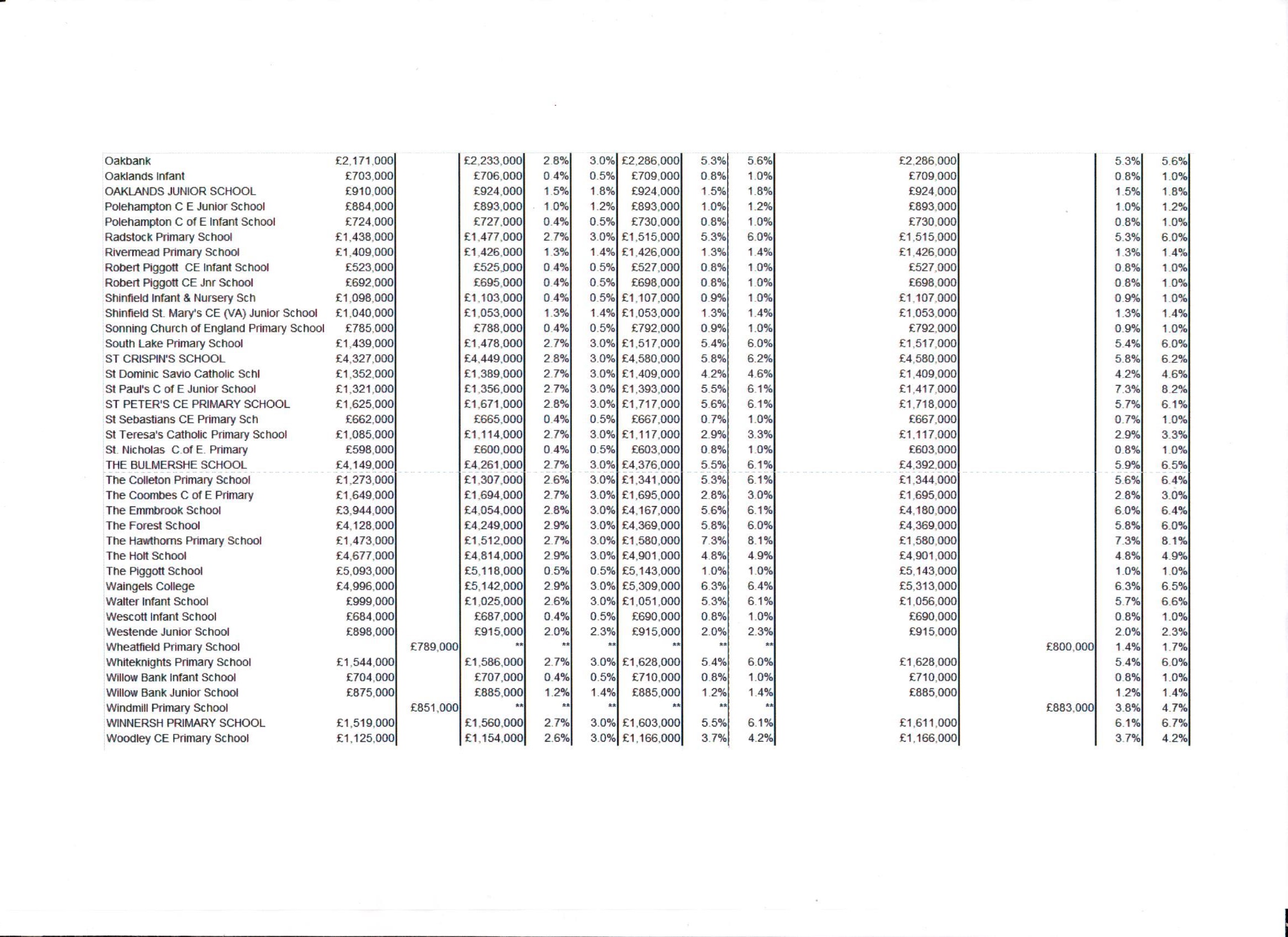Expect more gloom from the Office of Budget Responsibility
The official forecasters got 2016 horribly wrong, slashing estimates for the post vote economy. Instead it did well, with credit available, more jobs being created, good growth in car sales and rapid expansion in services.
This year the growth rate is being slowed by a deliberate monetary tightening from the Bank and from the after effects of tax rises in both the 2016 and 2017 budgets. I have pointed to this likelihood for sometime based on the tax and monetary policies being followed. Official forecasts were revised up a bit from the very low levels made after the referendum. The OBR forecast of 0.3% growth for the third quarter of this year was just 25% lower than the outturn figure. I now read in the press that the Office of Budget Responsibility is going to cut its forecasts for productivity growth, which in turn will mean lower growth estimates for output and tax revenues. This will face the Chancellor with a more difficult set of figures against which to make his budget judgement.
I have no problems with more pessimistic forecasts if that is needed to make them more accurate. My complaints have been about a run of pessimistic forecasts that have been wrong, where I have put forward a more accurate alternative. The adjustment to the official figures will take place against the backdrop of a year so far where the deficit has come in well below forecast. Without further changes to forecasting assumptions, that would have left the Chancellor some welcome leeway for tax cuts and spending rises in areas that need them.
It may well be the case that the last set of productivity forecasts by the OBR were too high. It is also the case that the OBR has been underestimating tax revenue growth. Their models seem to assume loss of revenue when you cut a rate, yet in many cases as with Corporation Tax, higher rate income tax, CGT and Stamp duty lower rates have in practice led to higher revenues. The government needs to avoid lurching to too tight a fiscal policy to try to hit targets based on estimates that have in the past proved faulty. The deficit is a figure based on changes in two much larger figures, income and spending. Small changes in assumptions elsewhere can bring big and unrealistic swings in the deficit forecast.
The budget does need to provide sufficient cash for the NHS, schools and social care. It should be tough on any idea that we will pay large sums to the EU, as we need that money at home and we do not owe them beyond our contributions up to departure. Saving the EU money is the favourite spending cut of many voters. The government needs to revisit how it can instil discipline in spending on the railways. It should ensure the overseas aid budget pays for all military costs involved in disaster relief and peace keeping. It should examine ways of making more affordable housing for sale available to meet people’s aspirations and reduce the strain on social rented housing which has a substantial public spending cost.
The budget also needs to look at how it can use selective lower tax rates to boost output, productivity and tax revenues.

